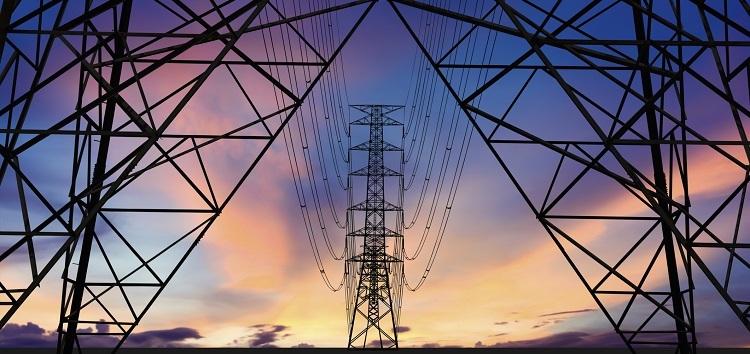High commodity prices threaten recovery gains, EBRD says

The recovery is gaining momentum in the economies where it invests, but many are facing new challenges as a result of high commodity prices and growing trade imbalances, the European Bank for Reconstruction and Development (EBRD) says in its latest Regional Economic Prospects (REP) report, published today.
While higher prices may benefit commodity exporters such as Azerbaijan, Kazakhstan and Russia, they may have a lasting negative effect on importers, particularly in the southern and eastern Mediterranean region. Growing concerns about potential shortages of gas over the winter period could drive public sentiment away from renewable energy and push countries towards greater use of fossil fuels, the report also warns.
EBRD Chief Economist Beata Javorcik said: “High prices of natural gas, oil and other commodities weigh on the trade balances of energy importers. Many countries will be under pressure to mitigate the burden of higher energy expenses on low-income households. High energy prices, supply-chain disruptions and, in some cases, currency depreciation have pushed up inflation significantly. This is a cause for concern.”
The first few months of the Covid-19 pandemic saw sharp drops in commodity prices as economic activity collapsed. Prices have since rebounded on the back of strong demand for manufactured goods and construction, the report says.
The price of Brent crude oil, for example, exceeded US$ 80 per barrel in early October 2021, though it remained below its historical highs. In Europe, gas prices rose to pre-pandemic levels, a consequence of the global economic rebound and increased demand from China. The rise in demand for gas means that prices could stay higher for longer, the EBRD’s economists argue.
The report notes that several countries are considering measures to support households at risk of energy poverty. The Czech Republic and Poland have urged the European Council to discuss additional carbon emission allowances and a cap on energy prices. Utility spending accounts for a substantial share of household income in the EBRD regions, in some cases around 17 per cent.
Aida Sitdikova, EBRD Director, Head of Energy Eurasia said: “In the context of the ongoing energy crisis, including in European Union member states, we see some switching from gas to coal. In other regions, such as the Western Balkans and Central Asia, the situation is even more alarming. This is why our ongoing work to promote long-term decarbonisation strategies, as well as a shift in technologies and mentality, is now more important than ever.”
The REP report says higher energy prices may provide an early test of the strength of public support for a greener future. While such support has been strong and rising globally in recent years, in some economies, including Egypt, Lithuania, Kazakhstan, Poland and Romania, it is lower than it was in the late 1990s.
The EBRD’s latest forecast shows economic output growing 5.5 per cent in its regions in 2021, an upward revision of 1.3 percentage points from its June forecast. In 2022, as economies recover, growth is expected to moderate to 3.8 per cent. The forecasts are subject to a high degree of uncertainty, however, due to risks associated with the future path of Covid-19 infection, a possible worsening of external conditions and weaker economic growth in trading partners.

